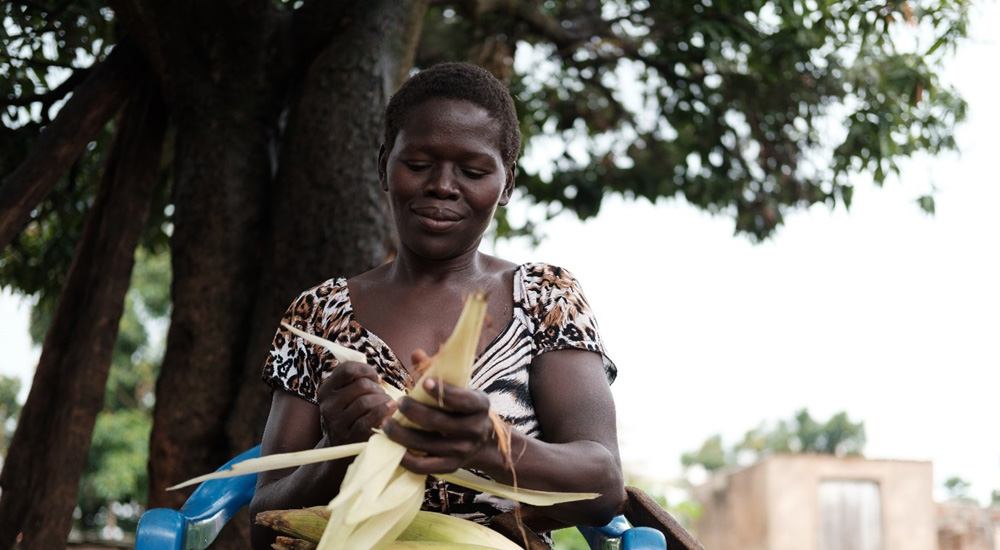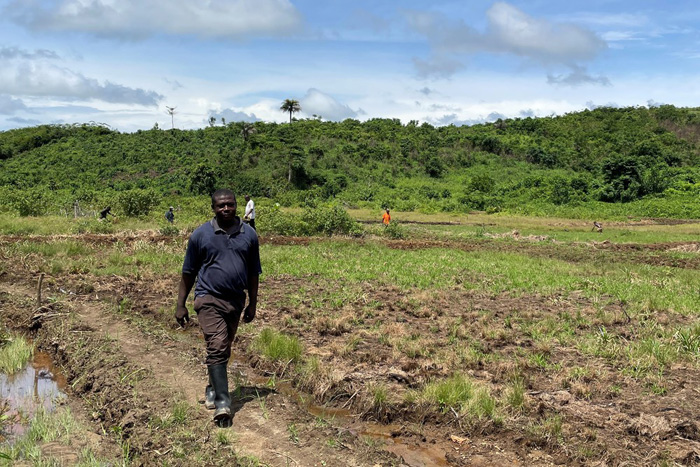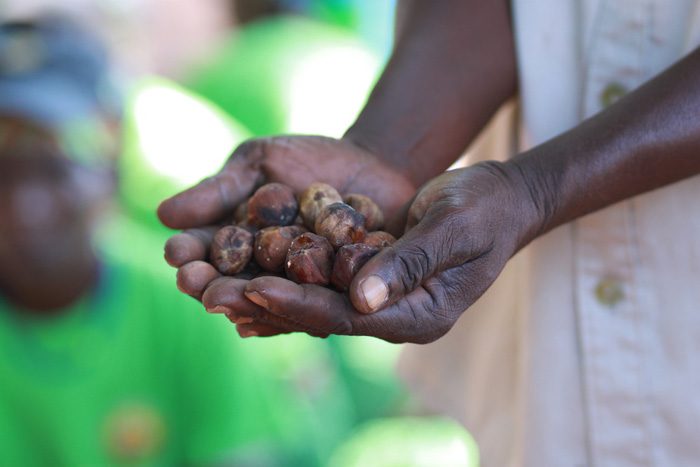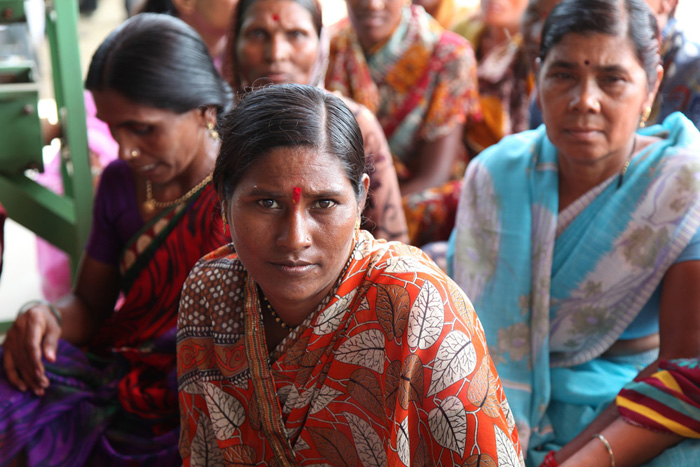Persons with disabilities
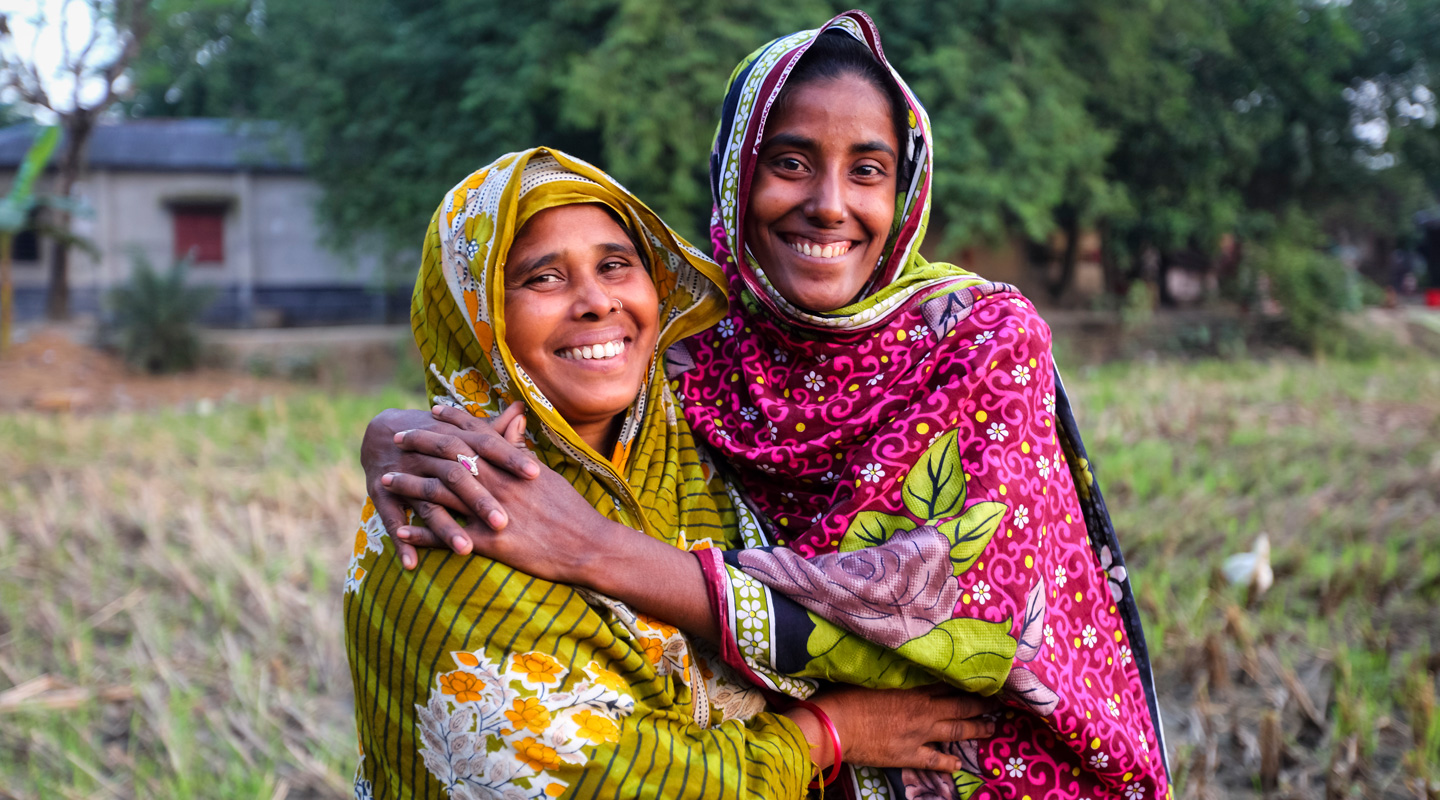
Persons with disabilities
Disability Text
One in 8 people have a disability and, of them, 4 in 5 live in developing countries. Persons with disabilities are more likely to live in poverty, with this likelihood doubling in some countries.
Despite being “the world’s largest minority”, they face significant challenges which prevent them from fully participating in society and the economy, including discrimination and accessibility issues in physical and virtual environments.
Persons with disabilities living in rural areas face even more challenges than in urban areas. They are less likely to have attended school, be employed, have healthcare or own a mobile phone, while rural development projects often exclude them.
However, research shows that persons with disabilities in rural areas are economically active and have the potential to generate income and pull themselves out of poverty.
Given that supporting persons with disabilities is critical to thriving rural communities, IFAD’s work increasingly promotes their rights, while IFAD’s corporate disability inclusion strategy outlines an approach that builds partnerships with organizations led by persons with disabilities, addresses accessibility, allocates dedicated financial resources and generates disability-disaggregated data.
In depth
In depth
SPARK: Inclusive rural transformation
SPARK uses a systemic action learning approach to impact the lives of 7,000 persons with disabilities in Burkina Faso, India, Mozambique, and Malawi.
Projects
Asset Publisher
Stories and news
Asset Publisher
Persons with disabilities and IFAD join forces to achieve the Sustainable Development Goals
In a world of climate catastrophes, rising food prices and global instability, find out how persons with disabilities are taking their rightful place in the effort to achieve the Sustainable Development Goals.
A new chapter in IFAD’s work with persons with disabilities
Meet IFAD’s new Disability Inclusion Champion as she works towards amplifying the voice and potential of persons with disabilities.
Putting rural people in the development driving seat in Ethiopia
In Ethiopia, community driven development puts small-scale farmers in charge of identifying what they need to prosper and how development funding should be used.
In Sierra Leone, social inclusion that leaves no one behind
In Sierra Leone, IFAD helps persons with disabilities overcome the challenges posed by the COVID-19 pandemic through farming.
Videos
Asset Publisher
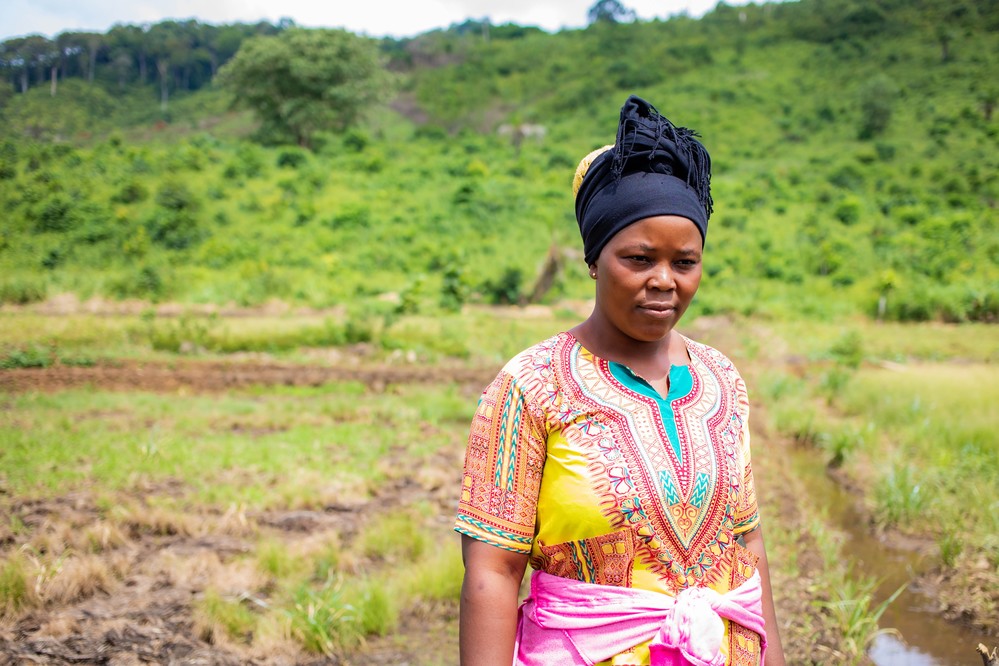
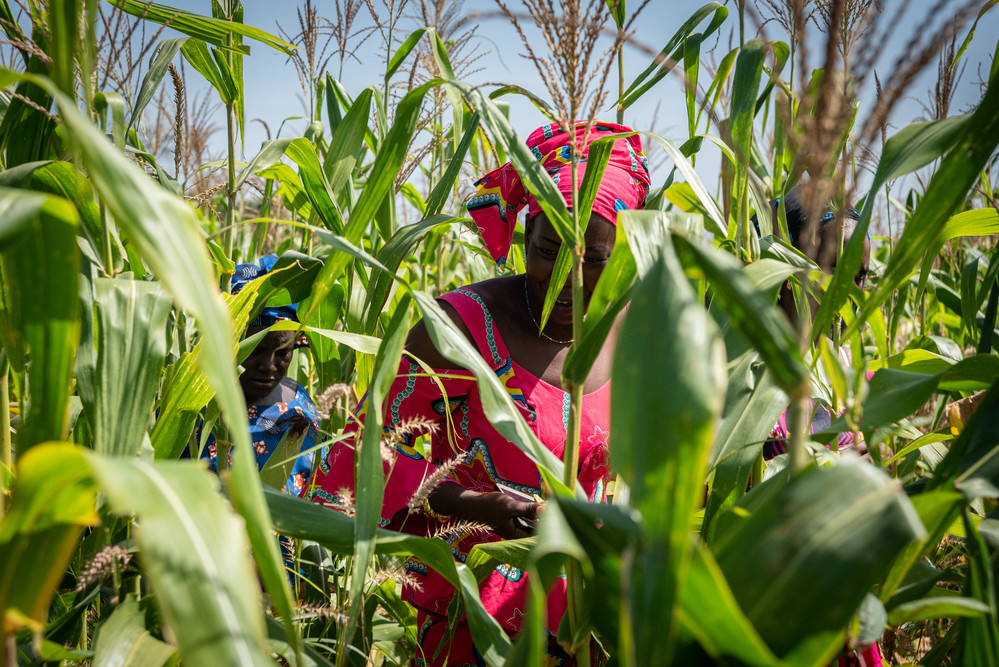
Related documents
Disability Documents
- IFAD’s Disability Inclusion Strategy 2022-2027
- Economic Activities of Persons with Disabilities in Rural Areas: New Evidence and Opportunities for IFAD Engagement
- Disaggregating Data on Persons with Disabilities in IFAD Projects
- Toolkit for IFAD Communications: Communicating with and about persons with disabilities
